Through a National Institute of Justice grant, Assistant Professor Heather Barkholtz aims to tease out the toxicological difference between mirror-image meth isomers.
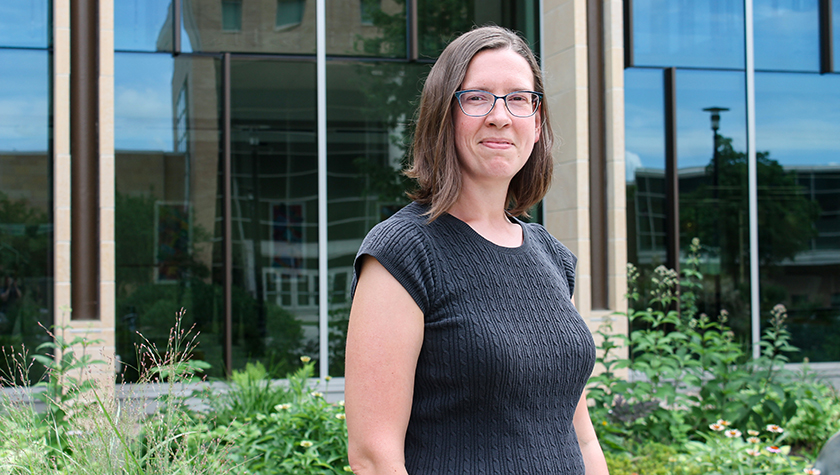

Through a National Institute of Justice grant, Assistant Professor Heather Barkholtz aims to tease out the toxicological difference between mirror-image meth isomers.
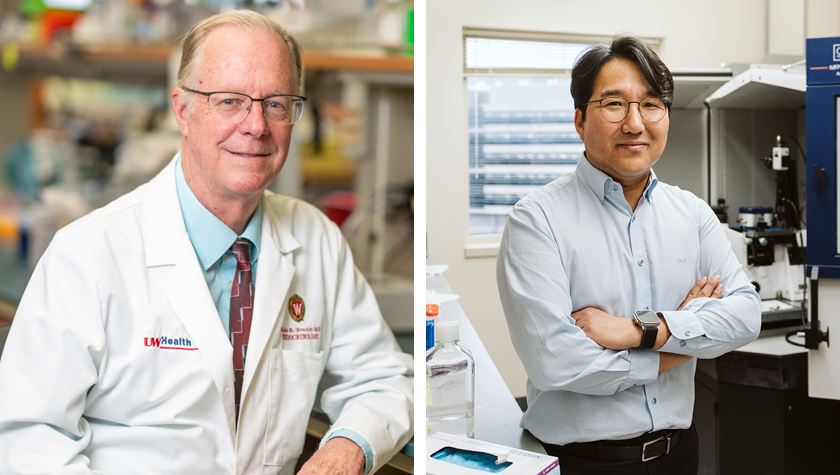
University of Wisconsin–Madison scientists are poised to gain a better understanding of how to treat a progressive scarring disease of the lungs that kills an estimated 40,000 people every year in the United States.
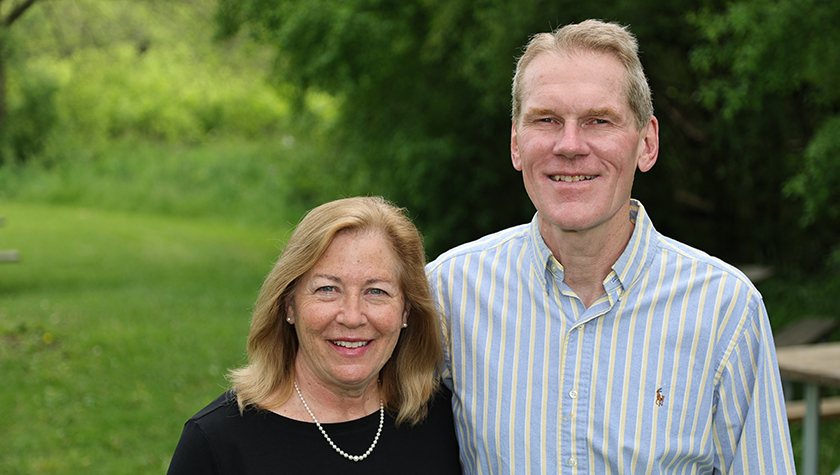
All four members of the Steffen family — Jim (BS ’83) and Cindy (BS ’84) and their children Brad Steffen (BS ’12) and Dana Steffen Ramms (BS ’15) — took a different career path, all branching from a start at the UW–Madison School of Pharmacy.
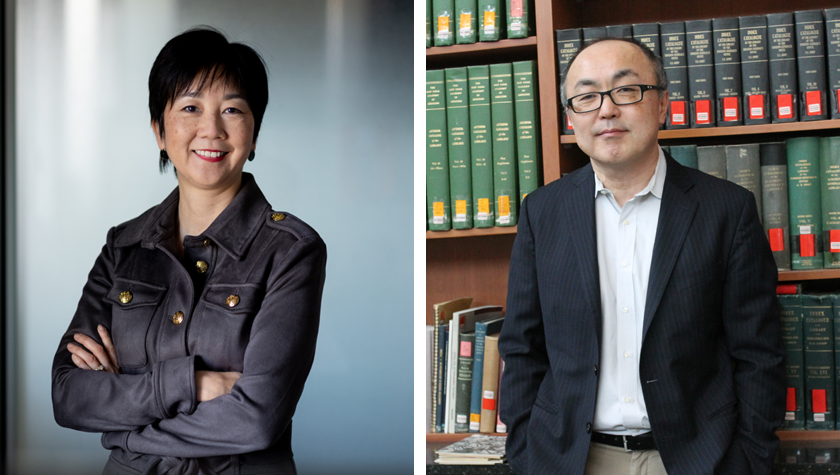
Professors Michelle Chui and Glen Kwon receive one of UW–Madison’s top faculty honors: Vilas Distinguished Achievement Professorships.
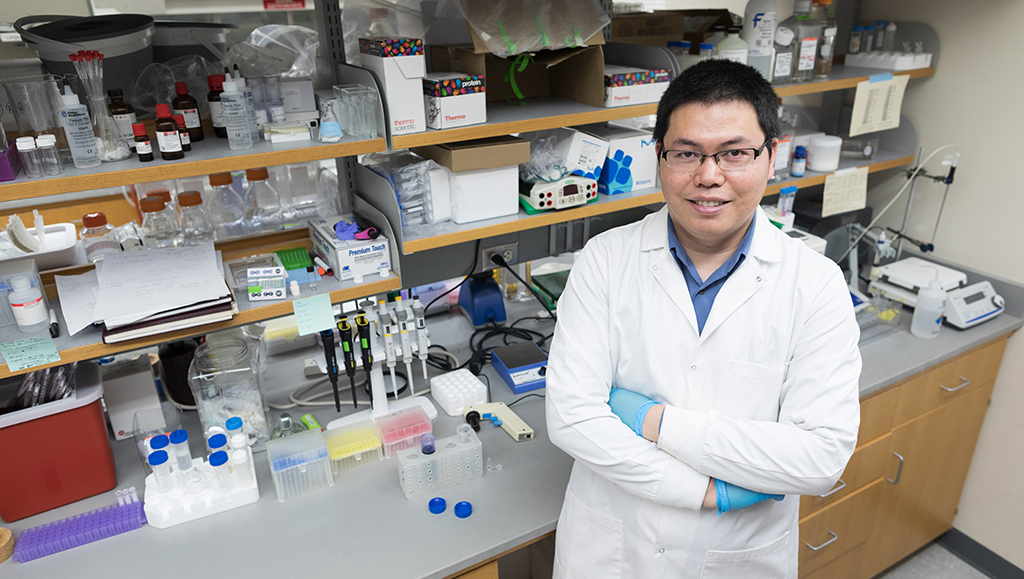
Employing bacteria to infiltrate that cancerous fortification and deliver drugs could aid treatment for pancreatic cancer, according to newly published findings from a team of University of Wisconsin–Madison researchers.
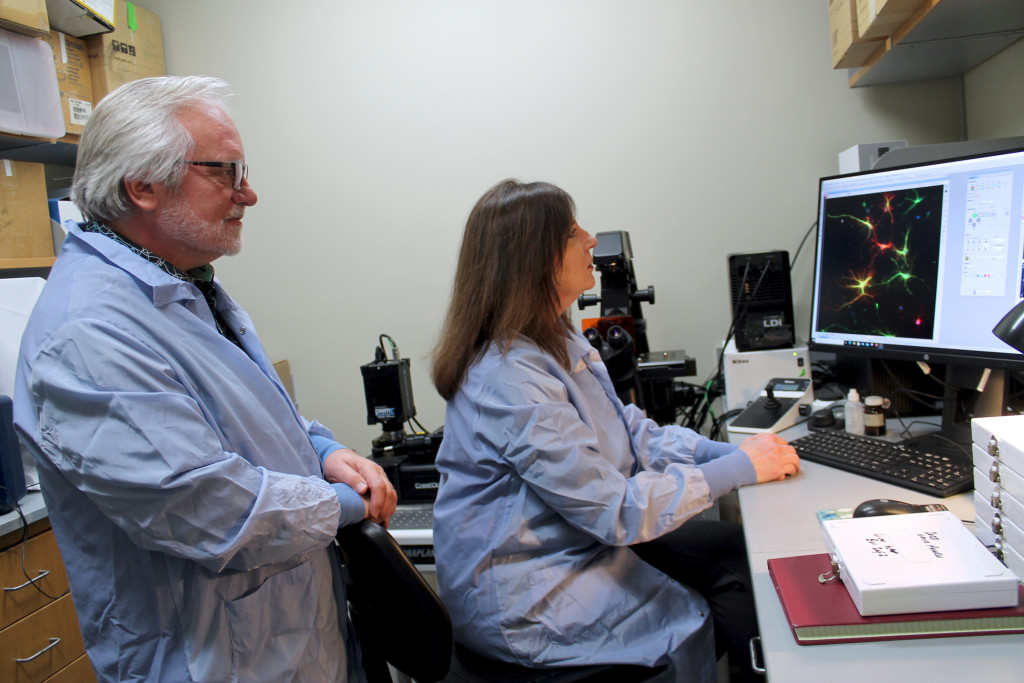
A newly developed nanomaterial that mimics the behavior of proteins could be an effective tool for treating Alzheimer’s and other neurodegenerative diseases.
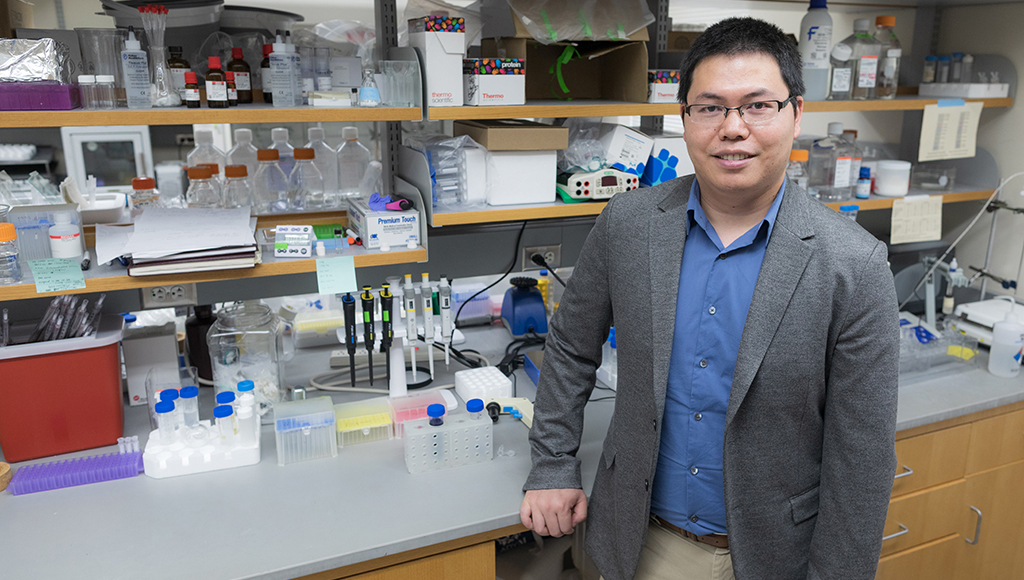
A competitive Vilas Associates award recognizes Assistant Professor Quanyin Hu’s innovations in cell therapy research and fuels more development.
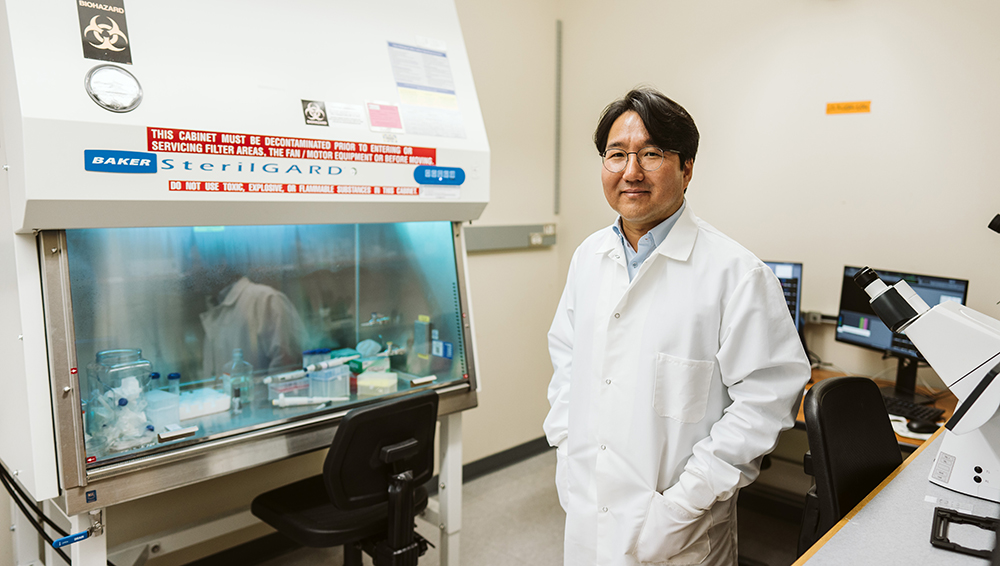
Professor Seungpyo Hong continues to advance technology to track circulating tumor cells, which could lead to a more effective, easier way to monitor cancer progression.
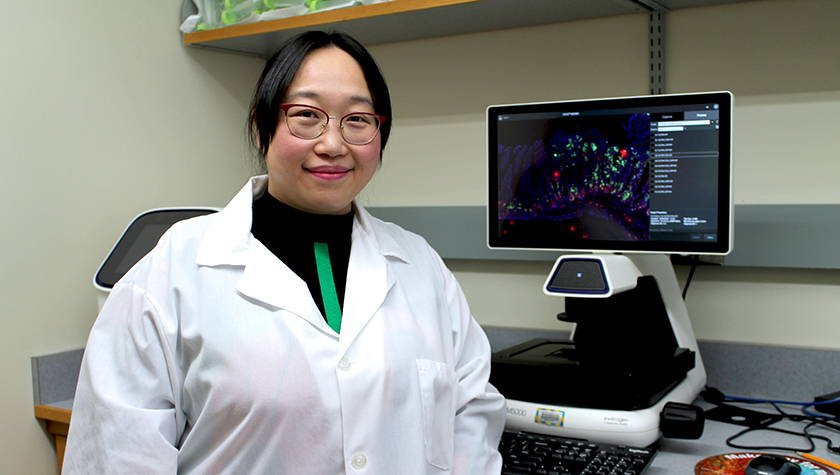
Assistant Professor Ting Fu and collaborators have identified a promising new target for treatments that could help the millions of people worldwide who suffer from inflammatory bowel disease and related colorectal cancers.

Meet recent UW–Madison School of Pharmacy alumni who are leading their fields forward.